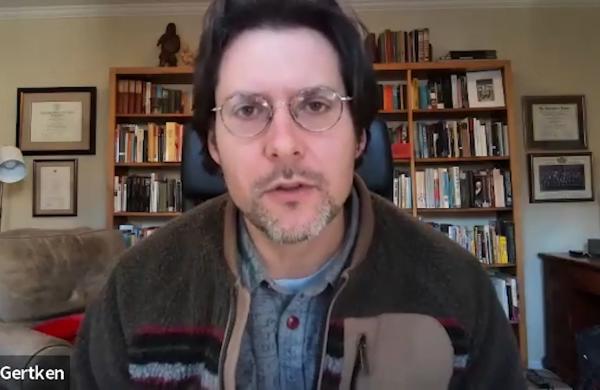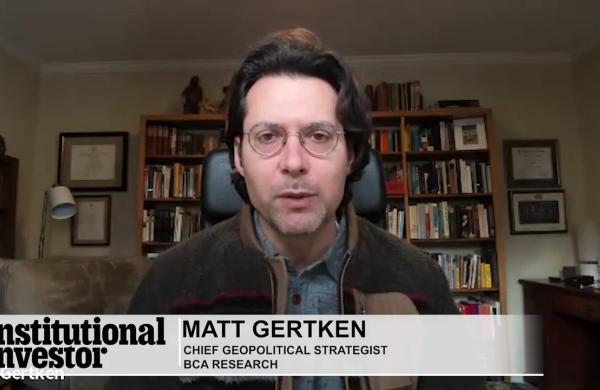But since he was named last month as president of Merrill Lynch , and heir apparent to CEO Dave Komansky , O'Neal has been routinely typecast in press accounts as a hard-nosed hatchet man. The truth, he suggests, is rather more complicated. His cuts to the retail brokerage unit (a stunning 17 percent of expenses) came as part of a restructuring and refocusing in which Merrill is pushing its financial consultants to concentrate on wealthier clients, while directing those with less than $100,000 in assets to automated call centers.
"We have had some success in terms of some of the reductions in costs that we initiated beginning in the summer of last year," says O'Neal. "It was the right thing to do in terms of reengineering the business for the longer term. The majority of my time has not been spent on cost-cutting but on all those other things."
Now that he has a broader brief , "Stan will have all the business groups reporting to him on a day-to-day basis," says Komansky of the new power-sharing arrangement , O'Neal has set his sights on growing revenues in other parts of the firm. One likely focus is Merrill's burgeoning commercial bank business, which boasts some $70 billion in deposits from retail clients; its potential value has grown as better-capitalized competitors such as J.P. Morgan Chase and Citigroup attempt to use their lending prowess to gain ground in the securities business. "I don't think we have fully exploited what it means to be a bank," says O'Neal. "I think it creates a whole different dynamic in terms of the institutional business, and it's one of the things we're looking at."
The appointment of O'Neal, a 15-year veteran who ran the firm's capital markets division and served as company CFO, will mark several firsts should he go on, as expected, to succeed Komansky in 2004. He'll be the first African-American to head a major Wall Street securities firm and the first Merrill CEO who did not work as a broker for the firm.
O'Neal, 49, praises the culture that allowed him to move to the top at Merrill: "This firm is a place that's open to different perspectives, different capabilities, different backgrounds." Nonetheless, he says, more could be done to promote diversity. "We can do better , as a firm and as an industry."




